The School of Youth Ministry was held in Vilnius on 1-4 July, 2019. It was not the first Youth Ministry School for the Department of Youth Affairs of the Vilna-Lithuanian Diocese, however this one was unique because of the close cooperation with the ‘Church and Environmental Protection’ Department of the Center for Environmental Solutions from Minsk, Belarus. It was also a beginning of church and ecology twinning project between Belarus and Lithuania and was possible thanks to support of Protestant Institute for Interdisciplinary Research (Heidelberg, Germany) and contacts that were established during ECEN meetings.
Nearly 50 School participants aged 17–30 years representing Lithuania, Latvia, Estonia, Russia and Belarus have actively participated in events organized by the ‘Church and Environmental Protection’ Department and the Youth Affairs Department of the Vilna-Lithuanian Diocese.
The school was opened on July 1. It started with ice-breakers to get the participants acquainted with each other and a short excursion around Vilnius afterwards. In fact, the school’s educational activities started in the evening with the lectures-conversations ‘Ecology and us’ and ‘What the Church has to do with ecology.’ It was an introduction to the subject of the School necessary to give the young people an overview of the main environmental problems.
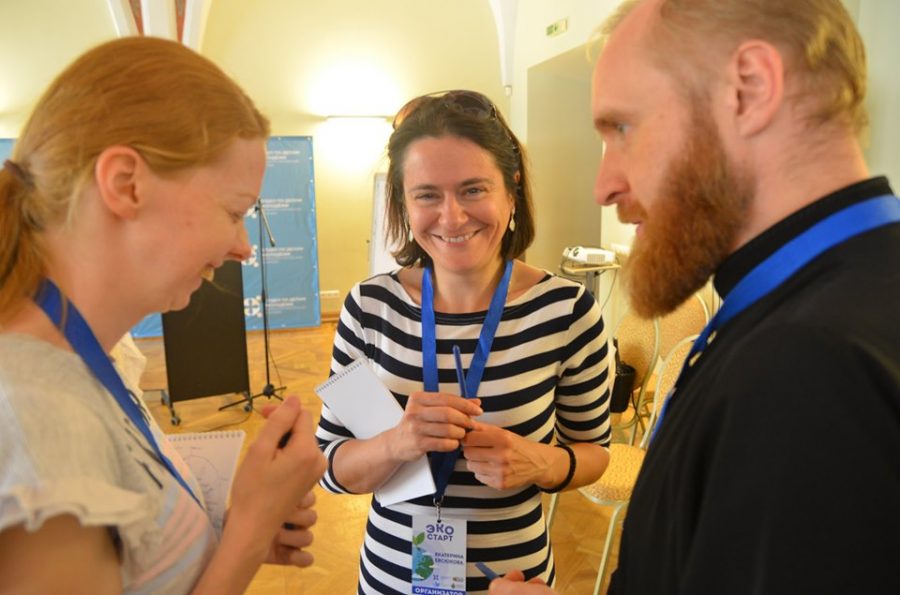
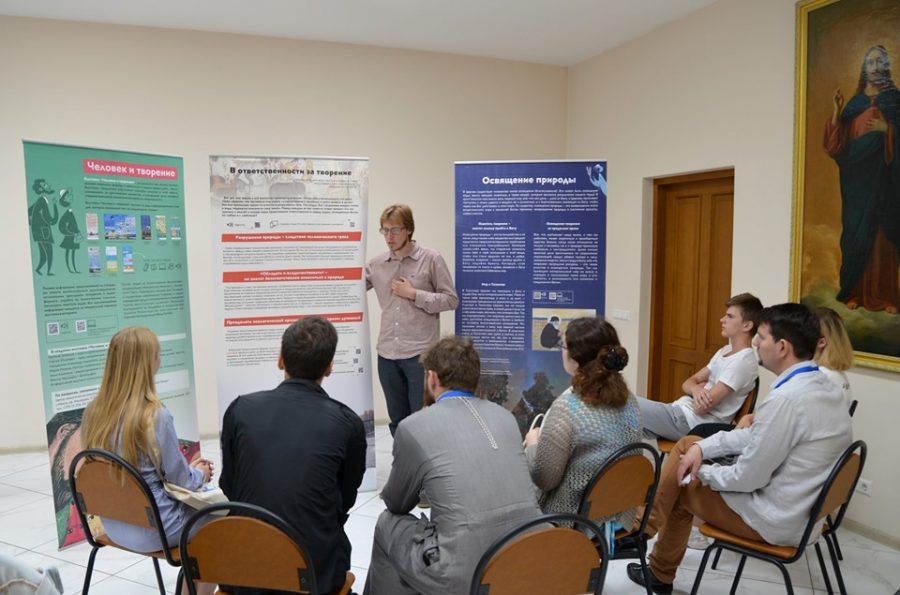
On the second day, the participants have learned more about the selected environmental problems such as water pollution, consumerism, increscent waste quantities – and the experience of the Church in solving them.
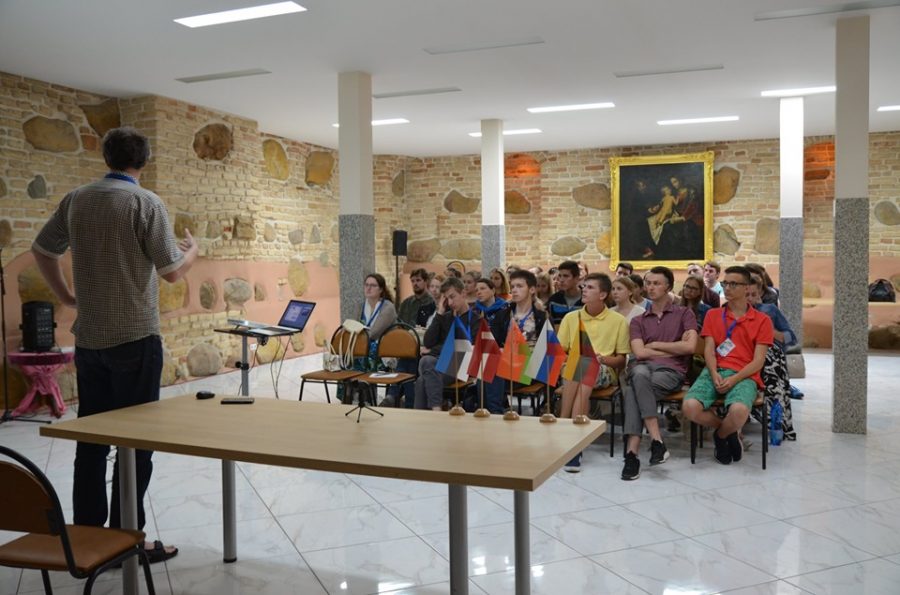
This knowledge has built the basis for the work on developing group ideas of the future church ecological projects.
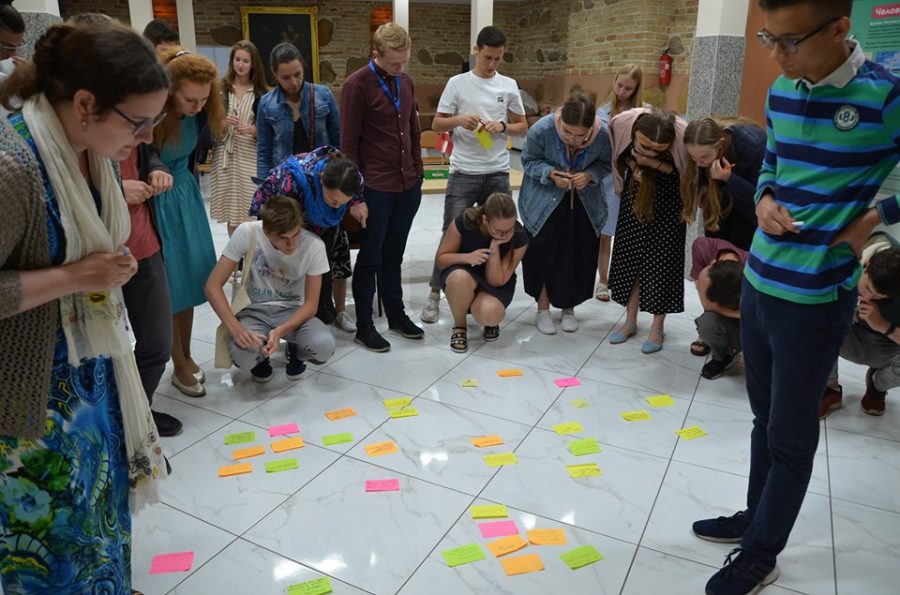
Having done a good work on the project ideas, the young people were invited to an educational walk through the botanical and zoological reserve Varnikai located close to Trakai.
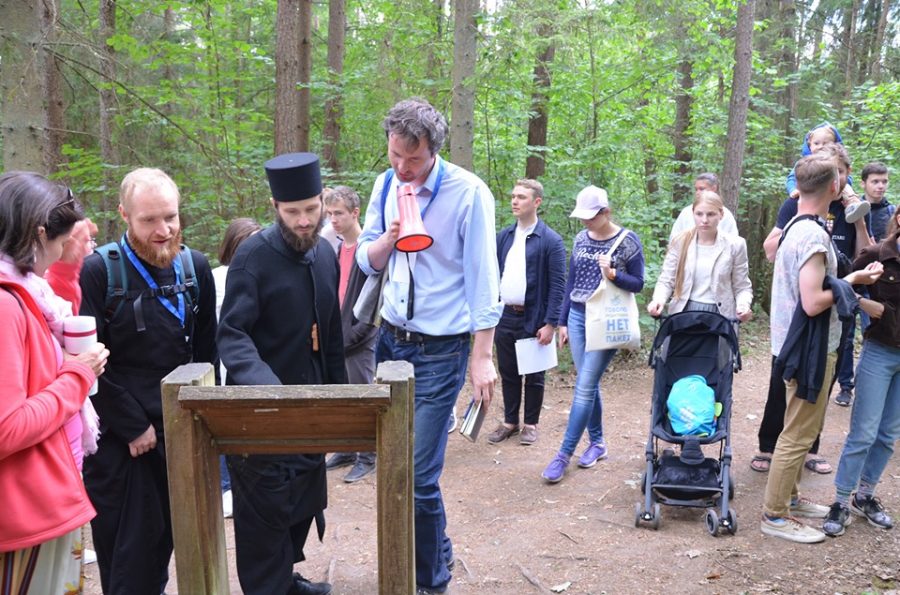
After a tour of the reserve and a healthy dinner all the participants have read together akathist ‘Thank God for everything.’ This was done outdoors – to feel the beauty of the nature praised in the akathist.
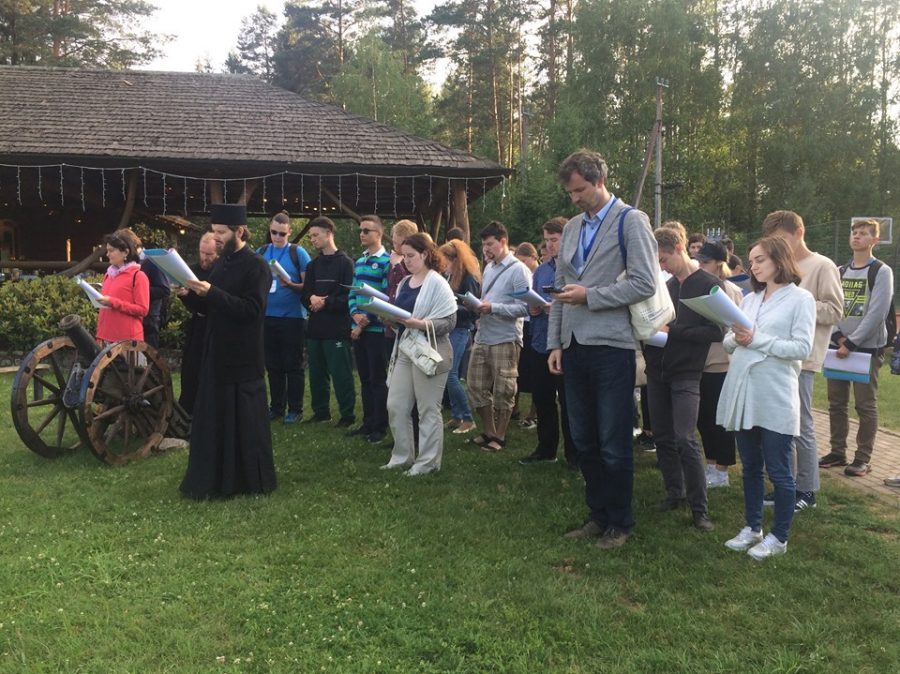
On the third day the participants continued the group work on development of the project ideas. The environmental projects concepts included:
— Educational activities on a parish basis,
— Eco-fiendly parish (bicycle, waste segregation, no disposable plastic cutlery),
— Eco-camps and festivals on parish basis,
— Making river shores free from waste,
— Planting trees instead of locks suspended on bridges (for young families).
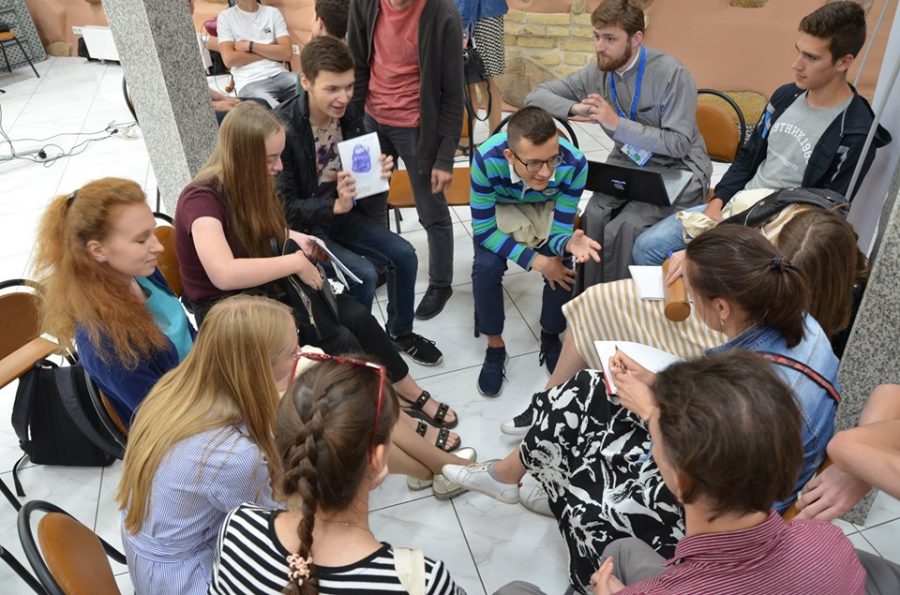
In addition, the lecturing part proceeded: an environmentalist from Lithuania spoke to the participants about the work of Lithuanian environmental organizations, the local priests shared their experience in organizing environmental events. The priests touched upon the issue of “environmental virtues” as a new notion within the spiritual and social life of the Church.
Moreover, all the participants had a chance to participate in Eco-quest that gave them the opportunity to check the cosmetics in local shops for the microplastic content, talk with the Vilnius people about the waste segregation habits, communicate with the local cafes to get the drinks in their cups instead of disposable cups.
On the last day, the school participants defended their projects and received comments from the Center for Environmental Solutions team and local priests. An action plan was prepared for each of the projects with the agreement to share the results in facebook group of the School.
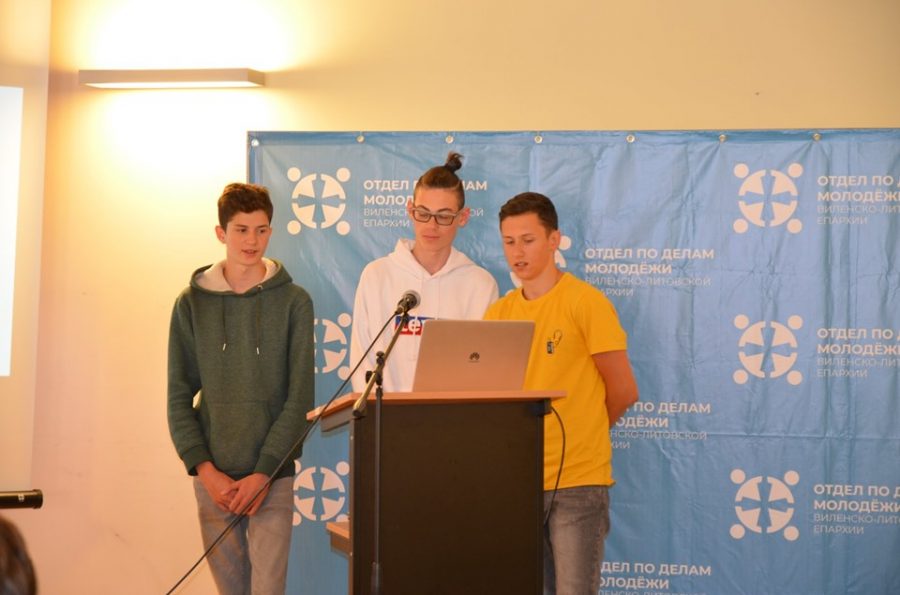
All the School participants received diplomas and, hopefully, got inspired to bring more environmental virtues in their lives and the lives of their parishes.
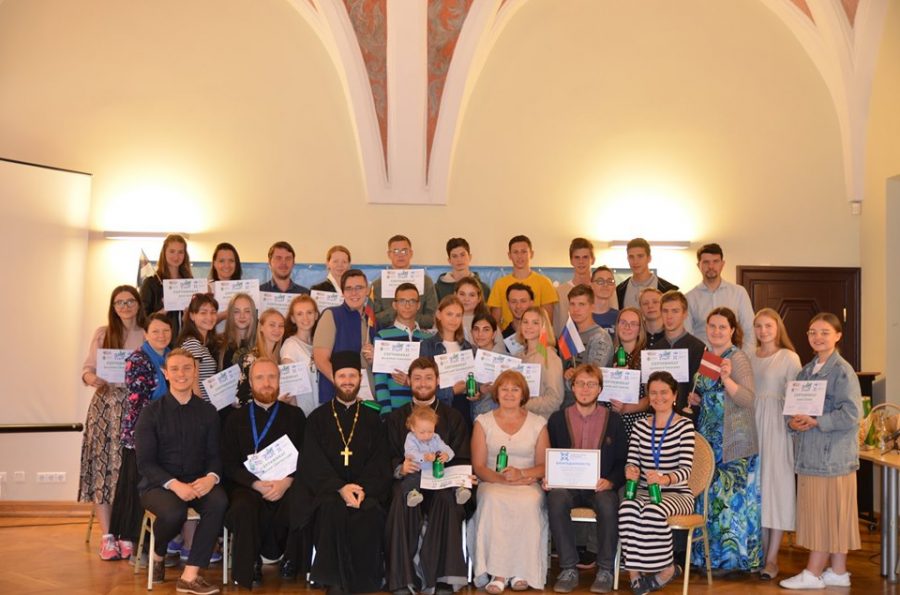
Transl. from Russian Catherine Evsukova
